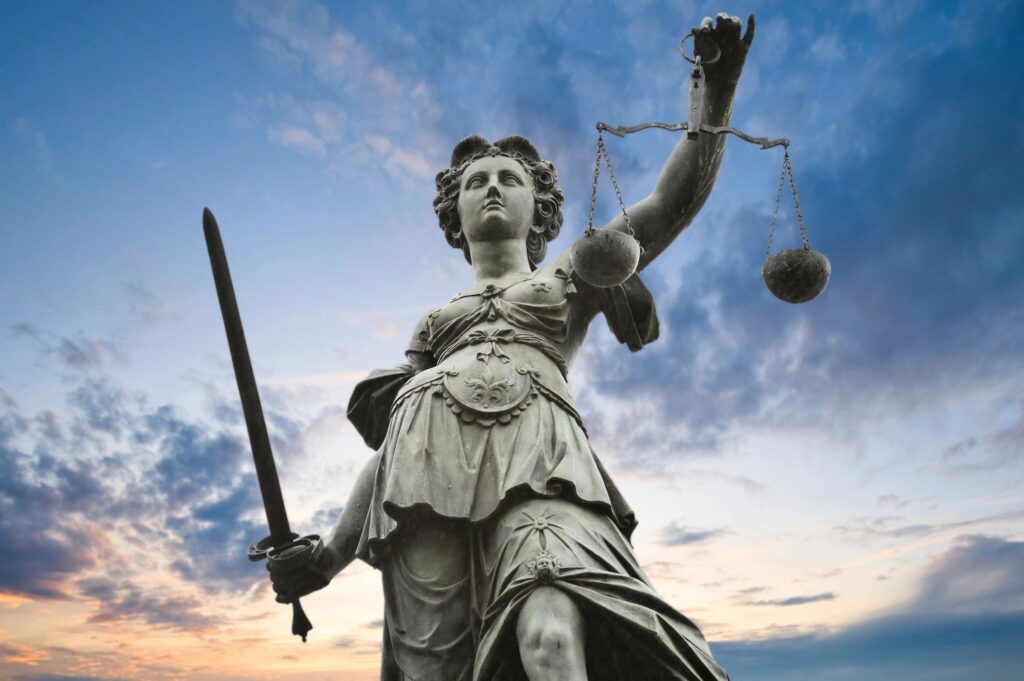
Public relations is a communication process that is strategic. The strategy can help companies reach its target audiences; however, there are some legal issues that can arise through some of the strategies or tactics. Companies sell products to their publics through services, speeches and photos. There are ethical and legal standards that a PR professional should know when using these tactics and strategies. In the field of PR, one must know the laws and regulations to prevent potential lawsuits to the company. There are a lot of legal and ethical issues in the workforce; however, we will be discussing a couple in this blog.
First Amendment
Knowledge of the First Amendment is important for any business, politician, athlete or citizen. The First Amendment provides the freedom of speech, press, religion, the right to general assembly and petition. The First Amendment allows professionals in PR the ability to communicate with the public openly without the need to go to the government for approval. There are boundaries to the Amendment and should be viewed as a responsibility as much as it is a right.
Copyright law
Since the field of PR is revolved around content, it is important to have knowledge of copyright laws. Professional artists, writers, and photographers copyright their material to protect it. Copyright is different from plagiarism. Plagiarism allows people to use the works of others correctly while copyright deals with unauthorized sharing and copying of materials. In the Constitution, copyright can be found in Article I, Section 8, which gives Congress the ability to “promote the Progress of Science and useful Arts, by securing for limited Times to Authors and Inventors the exclusive Right to their respective Writings and Discoveries.” Creativity and Innovative ideas can thrive under copyright protections because it causes people to come up with new ideas.
Works that are copyrighted can still be used by those who do not own the material; however, permission must be granted by the owners of the material or work.
Defamation
Defamation is an act or statement that is made to intentionally harm another person and their reputation. This should be avoided by any business, politician, or public figure because it can lead to lawsuits. Once you get sued for defamation, your name and company will be the one that is ruined. If a person or company is liable for defamation, it can be detrimental especially if it is a private citizen filling the lawsuit because private citizens have a lower bar to hurdle to prove. They only need to prove that the statement(s) published are factually wrong, that it damaged them, that the statements referred to them and that someone is responsible for the statements. Finally, they would need to prove that the individual who made/published the statements were negligent.
Next week we will be delving into crisis communication case studies to show how to deal with a crisis in the field of PR!